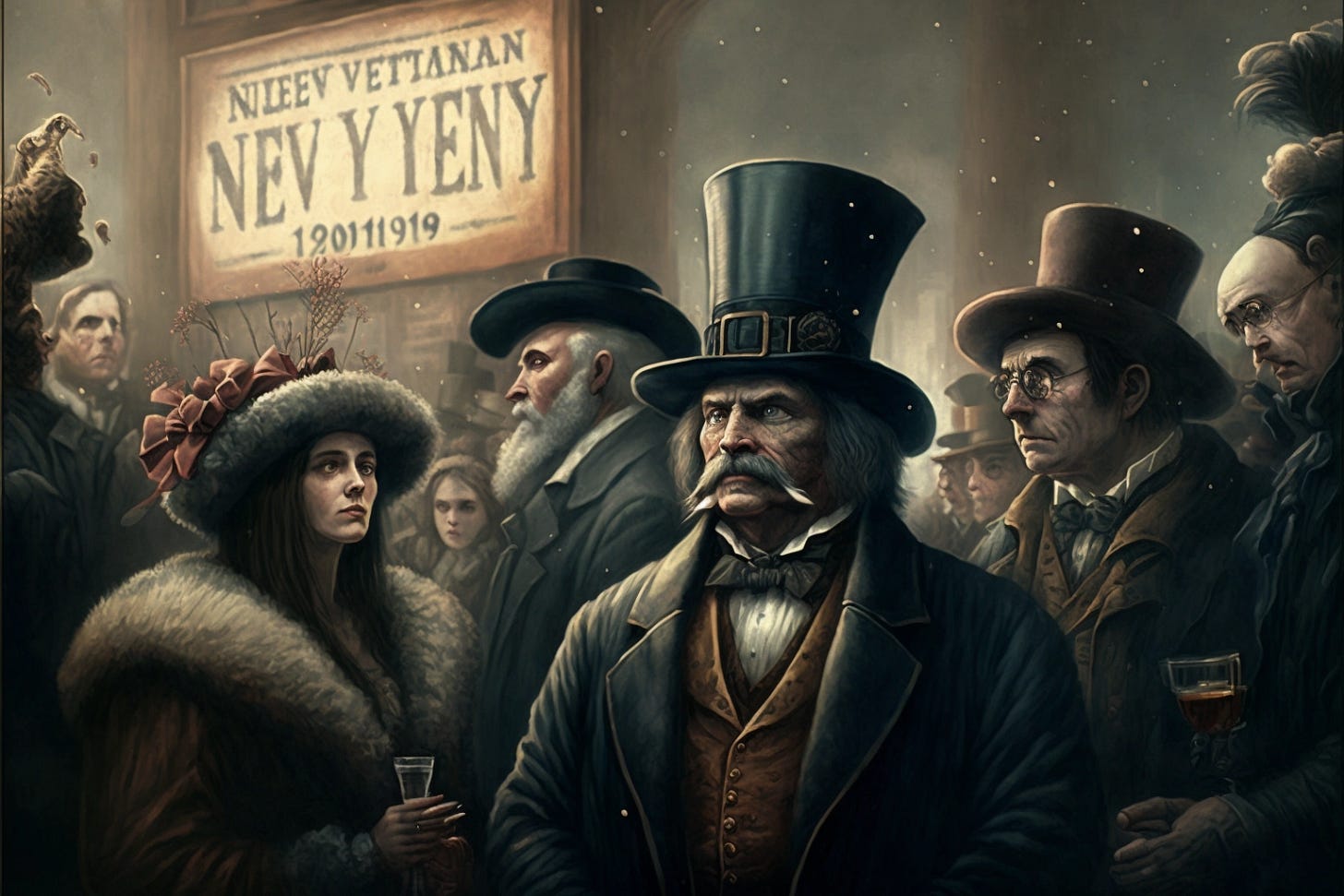What is the history of New Years
New Year's Eve and Day: Tracing the Cultural and Historical Roots of the Global Celebration and Traditions
New Year's Day, which is celebrated on January 1st, is the oldest and most widely observed holiday around the world. The origins of New Year's Day can be traced back to ancient civilizations, which marked the beginning of a new year with various rituals and celebrations.
The ancient Egyptians, for example, celebrated the new year with the festival of Wepet Renpet, which marked the annual flooding of the Nile River. The ancient Greeks also celebrated the new year, and the Roman calendar, which was based on the Greek calendar, included a number of new year's celebrations.
The ancient Greeks celebrated the new year with a festival called the "Kalends," which marked the beginning of the new year in the lunar calendar. The Kalends was a time for people to honor the gods and make offerings to them in the hope of receiving blessings for the year ahead.
The Kalends was also a time for people to come together with their families and friends to celebrate the start of the new year. People would often exchange gifts, hold feasts and banquets, and participate in various rituals and ceremonies.
In addition to the Kalends, the ancient Greeks also celebrated other new year's festivals, such as the "Dionysia," which was a festival in honor of Dionysus, the god of wine and fertility, and the "Lenaea," which was a festival in honor of Dionysus's son, Lenaeus.
The celebrations of the Kalends, Dionysia, and Lenaea were all closely tied to the agricultural cycle and the changing of the seasons. As such, they were an important part of Greek culture and were celebrated with great enthusiasm and joy.
The modern celebration of New Year's Day, however, can be traced back to the Roman Empire. The Roman calendar originally began in March, but was later changed to begin in January to honor the god Janus, who was the god of beginnings and endings. Janus was depicted with two faces, one looking forward and one looking backward, and was believed to be able to see the past and the future.
In addition to the Kalends, the Romans also celebrated other new year's festivals, such as the "Saturnalia," which was a winter festival in honor of Saturn, the god of agriculture, and the "Floralia," which was a spring festival in honor of Flora, the goddess of flowers and fertility.
Like the Greek celebrations, the Roman new year's festivals were closely tied to the agricultural cycle and the changing of the seasons, and were an important part of Roman culture. They were celebrated with great enthusiasm and joy, and were a time for people to come together and celebrate the start of the new year.
Over time, New Year's Day has become a time for people around the world to celebrate the start of a new year and to make resolutions for the year ahead. Today, New Year's Day is typically celebrated with fireworks, parades, and parties, and is a time for people to come together with friends and family to ring in the new year.
In many countries, New Year's Eve, which is the night before New Year's Day, is also celebrated with special events and parties. In the United States, for example, it is common for people to attend parties, watch fireworks displays, and count down the final seconds of the year as they prepare to welcome the new year.
In addition to the traditional celebrations, many people also observe New Year's Day by making resolutions for the year ahead. These resolutions can be personal, such as committing to exercising more or eating healthier, or they can be related to career or relationships. Making resolutions is a way for people to reflect on the past year and to set goals for themselves in the year ahead.
While New Year's Day is celebrated in many different ways around the world, it is a time for people to come together and celebrate the start of a new year. Whether it's through traditional celebrations, making resolutions, or simply spending time with friends and family, New Year's Day is a time for people to look forward to the future and all the possibilities it holds.




